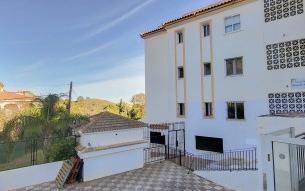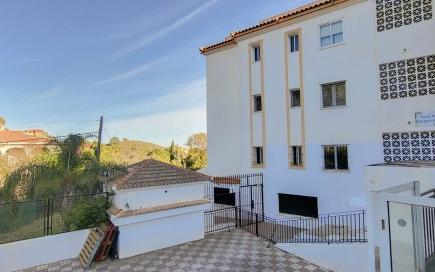
If you buy a property in Spain then a new Royal Decree, which was published in the Official State Gazette (BOE) on 6th August could have a significant impact on the way you heat your home.
This new law will impact the vast majority of heating systems that were installed prior to 1998, and will come into force in May 2023. Here’s everything you need to know about the new regulations, and what you have to do to ensure that your property is compliant:
What Are the New Regulations?
The new decrees primarily impact the heating and cooling of Spanish homes, with the main focus of the regulations being to ensure that central heating and cooling systems in Spain are as environmentally-friendly as possible. All buildings will need to ensure that they are compliant with RITE (Reglamento de Instalaciones Térmicas en los Edificios), and all properties will also need to have energy accounting devices fitted as part of their central heating system.
When Will the Regulations Come into Force?
It is hoped that most buildings will be compliant with the new law by May 2023, but if you’re in the position that you will need to remove of modify your heating system in order to comply with this new regulation then there are two deadlines that you need to know about.
Firstly, the property owner must first obtain a quote from an installation company that is regulated by RITE. To encourage home owners to do this sooner rather than later, quotes will be free when undertaken before 2022. This quote should for the cost of modifying the existing system.
The next deadline is your installation date, and according to the Spanish Association of Heating Cost Distributors (ACERCA) this must be no later than 15 months after the date when you received your quotation.
Are There Any Exceptions?
If any of the following apply, then you could be exempt from compliance with the new legislation. These exceptions are:
- If your property is situated in either the archipelagos or in any of the warmest regions of the Mediterranean coast. This includes the islands, Levante area, Guadalquivir, Ceuta and Melilla.
- If it is not deemed to be economically viable to update your system. For this exemption to apply, the cost of the modifications to your property would have to be shown to not be offset by the financial savings you would make as a result of the system, over a four-year period.
- If the building's thermal installation is of the “series monotube” type, meaning that they would be too difficult to update in a cost-effective way. If this exemption applies to you then it’s important to note that these buildings would still be required to install heating meters.
If none of these exceptions apply to you then you are likely to need a new meter. The decree states that these must be installed in all locations where it is both financially reasonable and technically feasible. If you are considered to be financially vulnerable, and aren’t sure if you will be able to afford the cost of these changes, you may be able to seek direct assistance to enable you to comply with the obligations of the decree.
What Are the Benefits of the New System?
Although have to replace your central heating system and/or meter may seem inconvenient, there are also clear benefits. The new meters will be more precise, making it easier to calculate your energy bill with increased precision. In the homes where the meters have already been installed (this figure currently stands at around 180,000 properties) homeowners have experienced an average saving of 24% on their energy bills.
Are you thinking of living and working in Spain? Whether you’re hoping to buy or rent a property in Spain, our local property experts are perfectly placed to decode the process for you, and help you find the home of your dreams. Get in touch today to find out more about how we can help you.

 English
English Español
Español Deutsch
Deutsch Français
Français Svenska
Svenska Nederlands
Nederlands Italiano
Italiano Norsk
Norsk Русский
Русский


































